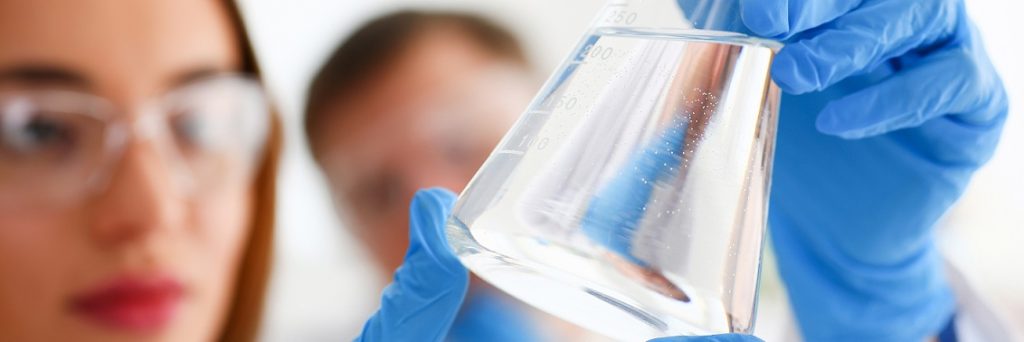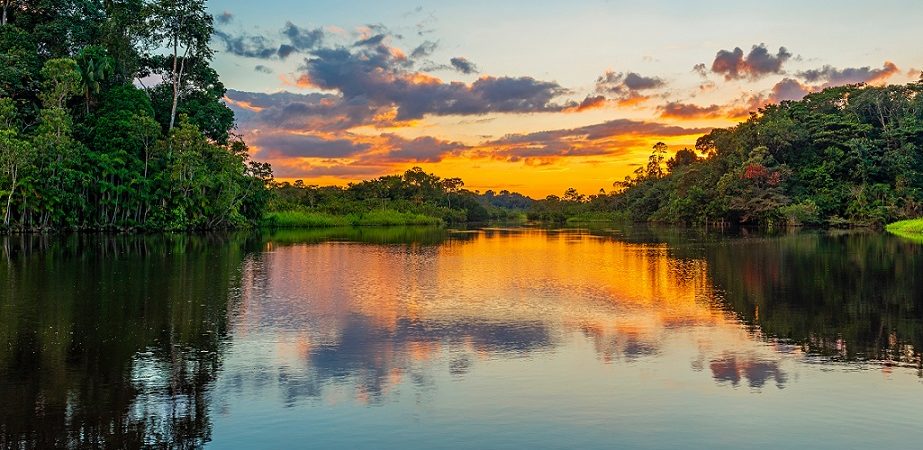The company is sponsoring the Yara Project, a research platform promoted by the Universidade do Estado do Amazonas (UEA) to monitor the water quality of rivers in the region.
Diebold Nixdorf, a world leader in boosting and connecting commerce for the banking and retail industries, has announced its support for the Yara Project, promoted by the Universidade do Estado do Amazonas (UEA) to monitor the water quality of the Amazon River basin.
The project is held by the Manaus and Parintins campuses, focusing on the development of a platform that allows the automatic and real-time analysis of water. In the city of Parintins there will be electronic sensors specially designed for collecting and analyzing parameters such as pH index, temperature, conductivity, turbidity and the amount of dissolved oxygen in the water, among others.
Fernando Curcio, Industrial Director of Diebold Nixdorf Brazil who is responsible for the factory in Manaus, said: “We are very pleased to be part of this project that aims to speed up and reinforce the monitoring of river waters throughout the region.
“Diebold Nixdorf is recognized worldwide for its social and environmental responsibility work and our management in Amazonas also follows these guidelines. We seek to collaborate with the local community to promote a more sustainable and fairer environment. UEA work has a great synergy with this purpose that we want to share.”
The Yara data collection platform is considered a disruptive technology and has the principal objective of reducing the time and costs involved in monitoring river water, making the process of analysis and monitoring of the Amazon River basin more agile and reliable.

Carlossandro Albuquerque, one of the creators of the project, said: “Because of its entire length and the difficulty of access, collecting samples for laboratory analysis of the waters of all rivers always demands a very great effort and that, sometimes, can deteriorate in the transport or handling of the collected material. The program seeks to reduce these challenges by allowing automated water collection.”
Besides Albuquerque, the initiative has the participation of professors Dr. Ieda Batista, Dr. José Camilo Ramos de Souza, Dr. Fabio Cardoso, Dr. Rafael Jovito, Dr. Raimundo Claudio, MSc. Manoel Rendeiro and MSc. André Printes.
Diebold Nixdorf’s support will enable the construction of an important digital ecosystem that will allow the development of the project and studies on possible partnerships.
The plan to make the water analysis faster is to install a set of mini automatic data collection stations after the drainage of the main tributaries of the largest river on the planet, starting at the port of Parintins. The city is strategic for the program because it is in the central region of the Amazon basin.
In practice, these small stations will be composed of sensors and transmitters specially designed to resist the weather, residues and predators of the environment.
“One challenge we have is designing the right hardware to withstand periods of floods and ebbs, as well as the volume of mud, rocks and branches that can tangle or prevent correct analysis. Another feature is the presence of animals that can attack the facility,” said Printes.
In addition to hardware, the Yara project will also develop specific software for data transmission, storage and analysis.
“We have to guarantee that the records made are sent automatically and reliably to all our laboratories in Manaus and Parintins, as well as, later, to other public and private institutions that are interested in and can help in the management and preservation of nature in the Amazon,” said Albuquerque.
The Yara initiative will also contribute to the results obtained for the comparisons and verifications necessary for complete mapping.
“We have already started something very important, which is the digitalization of the results and patterns that we will analyze daily. We are going to create a single record, with the compilation of recent information to contribute to water monitoring,” explained Dr. José Camilo Ramos.
“It is a great pride to see this come to fruition here in Parintins, which has the joy of being an island nestled in the Amazon, the largest natural ecosystem in our world.”
Diebold Nixdorf’s history with the region is long-standing, as is its commitment to ESG-focused practices. The company has a factory in Manaus with 350 employees and 18,000 square meters, certified by ISO 14000 (focused on environmental management) and 450001 (focused on occupational health and safety management). The plant has its own waste management and water treatment system.
“Today, more than 80% of the material used in the production of our equipment is recycled. During the pandemic, we readapted the operation to give all our oxygen supply to hospitals offering our ESG guidelines for practice, with the community welfare in mind,” said Curcio.
“We also guarantee basic baskets and cleaning kits for the families of our employees, offering the utmost care, and we guarantee their jobs with us even with the entire complex scenario of the COVID-19 pandemic. We want to maintain this relationship and help with local development.”
Click below to share this article

